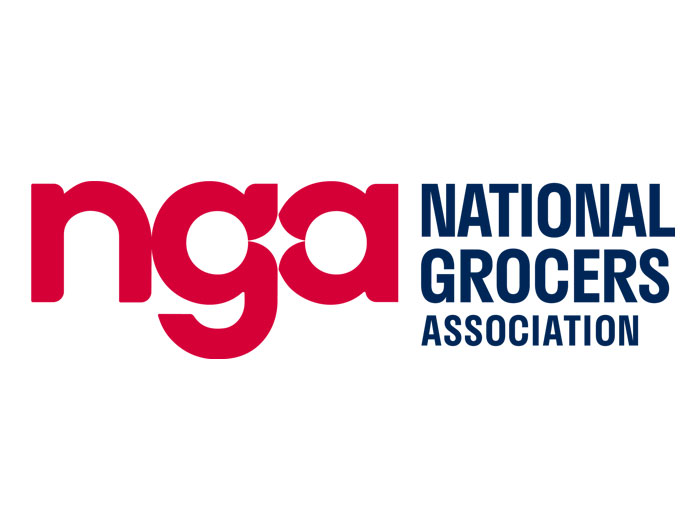NGA Encouraged by Proposed Merger Guidelines Focus on Buyer Power
July 24, 2023 | 3 min to read

Washington, D.C. – The Federal Trade Commission (FTC) and Department of Justice (DOJ) released today a highly-anticipated proposed update to merger enforcement guidelines. The proposed draft significantly re-writes merger enforcement standards to include new considerations for mergers that enhance buyer power. Specifically, one of the thirteen proposed guidelines directly addresses buyer power (i.e. monopsony power) where a merger of competing buyers lessens competition for other sellers.
The proposed changes mark a significant shift in merger enforcement to incorporate the concerns that the National Grocers Association (NGA) brought forth to federal enforcers. In comments submitted to the FTC and DOJ in April of 2021, NGA urged the agencies to consider how dominant firms use their bargaining leverage to impose discriminatory terms on their rivals. NGA outlined how dominant food retailers enjoy a substantial advantage over rivals with their ability to squeeze grocery suppliers for more favorable terms, including through price, promotions, payment terms, and product availability.
In a significant shift, the proposed guidelines issued today strongly consider how buyer power impacts competition amongst rival firms, which is a strong contrast to the current guidelines that largely ignore how buyer power abuses impact competition.
“NGA is pleased to see federal antitrust enforcers take seriously the competitive concerns that arise when dominant firms abuse their buyer power to impose discriminatory terms on their rivals,” said NGA SVP of Government Relations & Counsel Chris Jones. “NGA and its members have consistently warned federal antitrust officials about how US consumers are worse off due to buyer power abuses in an increasingly consolidated grocery sector. This problem has been laid bare by pandemic-era supply chain disruptions and increasing food price inflation where independent grocers have been put at critical disadvantage relative to their dominant competitors, especially those who serve rural and urban communities.”
According to Food and Water Watch, just four national grocery retailers account for 69 percent of all US grocery sales. Two of these top four retailers, Kroger and Albertsons, have submitted plans to federal enforcers to merge by early 2024.
NGA is still reviewing the full impact of the proposed merger guidelines on the independent supermarket sector, and will provide comments to the updated Draft Guidelines ahead of the deadline which closes in 60 days.
About NGA
Washington, D.C.-based NGA is the national trade association representing the retail and wholesale community grocers that comprise the independent sector of the food distribution industry. An independent retailer is a privately owned or controlled food retail company operating a variety of formats. The independent grocery sector is accountable for about 1.2 percent of the nation’s overall economy and is responsible for generating more than $250 billion in sales, 1.1 million jobs, $39 billion in wages and $36 billion in taxes. NGA members include retail and wholesale grocers located in every congressional district across the country, as well as state grocers’ associations, manufacturers and service suppliers. For more information about NGA, visit www.nationalgrocers.org.
